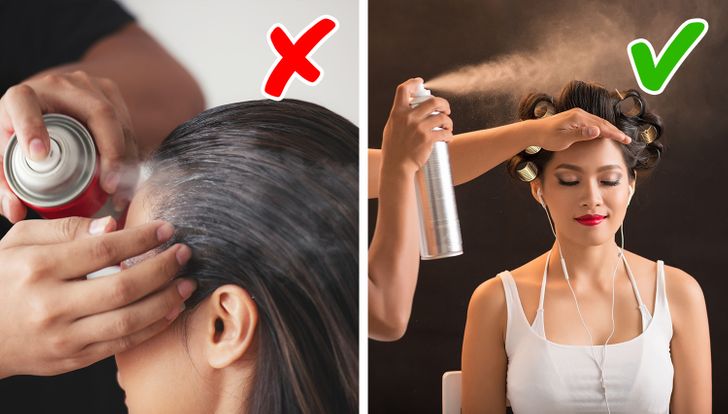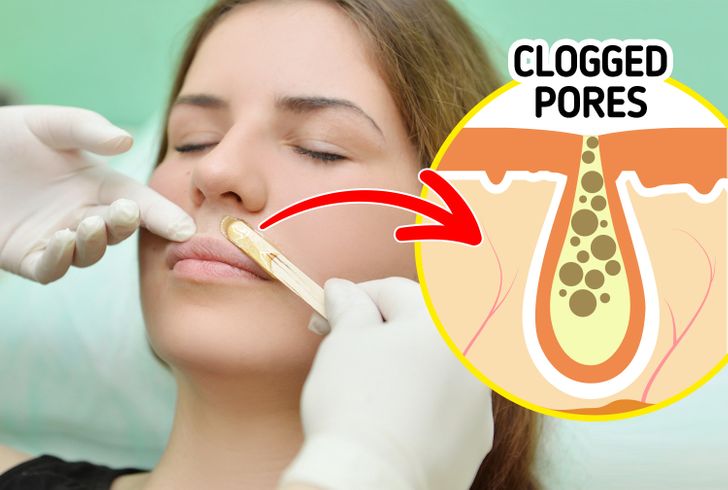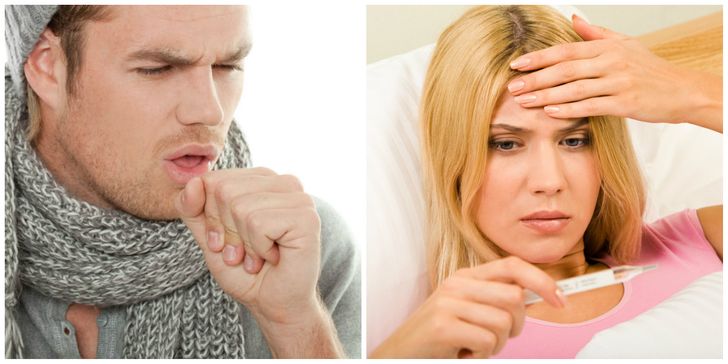10 Everyday Things That Are Secretly Ruining Your Skin
Let’s face it, we all desperately hope our skin ages like fine wine. And while our looks are somewhat genetic, what’s fascinating is that 90% of how our skin ages is totally up to us and our daily skincare routines.
CLAMOTION investigated 10 of the most common daily habits that are wrecking your skin, and below, you’ll find out that it’s not that hard to avoid them and have better skin in no time.
1. Allowing your hair products to touch your skin

To prevent this, you should consider switching to non-sulfate hair products. Furthermore, for better protection, it’s beneficial to use a sweatband on your forehead and cover your face with a clean towel the next time you use hair products.
2. Using too many skincare products
Switching between several skincare products may be challenging for your skin, as new preservatives and ingredients can actively contribute to acne breakouts and aggravate your skin. That also includes acne skincare products, which can negatively affect your skin if overused.
Instead of experimenting with different skincare products, try sticking to 1 or 2, and give them time to produce a beneficial effect on your skin.
3. Improperly using facial hair removal products

To make sure you’re correctly clearing out facial hair and preventing further irritations on your skin, avoid products with the most common pore-clogging ingredients (such as coconut oil, palm oil, and wheat germ), stick to non-toxic cosmetics, and try to look for non-comedogenic labels.
4. Traveling somewhere new
When you’re traveling somewhere new, you’re exposing your skin to a new environment that may be harmful to your skin. Factors such as the effect of the sun, heat, cold, and humidity can contribute to the sudden aggravation of your skin, prompting acne breakouts.
In order to prevent any negative effects that a change in environment can pose on your skin, it’s best to adapt to the new conditions you’re entering. Avoid prolonged skin exposure and use sunscreen, preferably with zinc oxide. And if you’re exposed to cold temperatures, try to avoid skin dehydration by moisturizing your skin.




